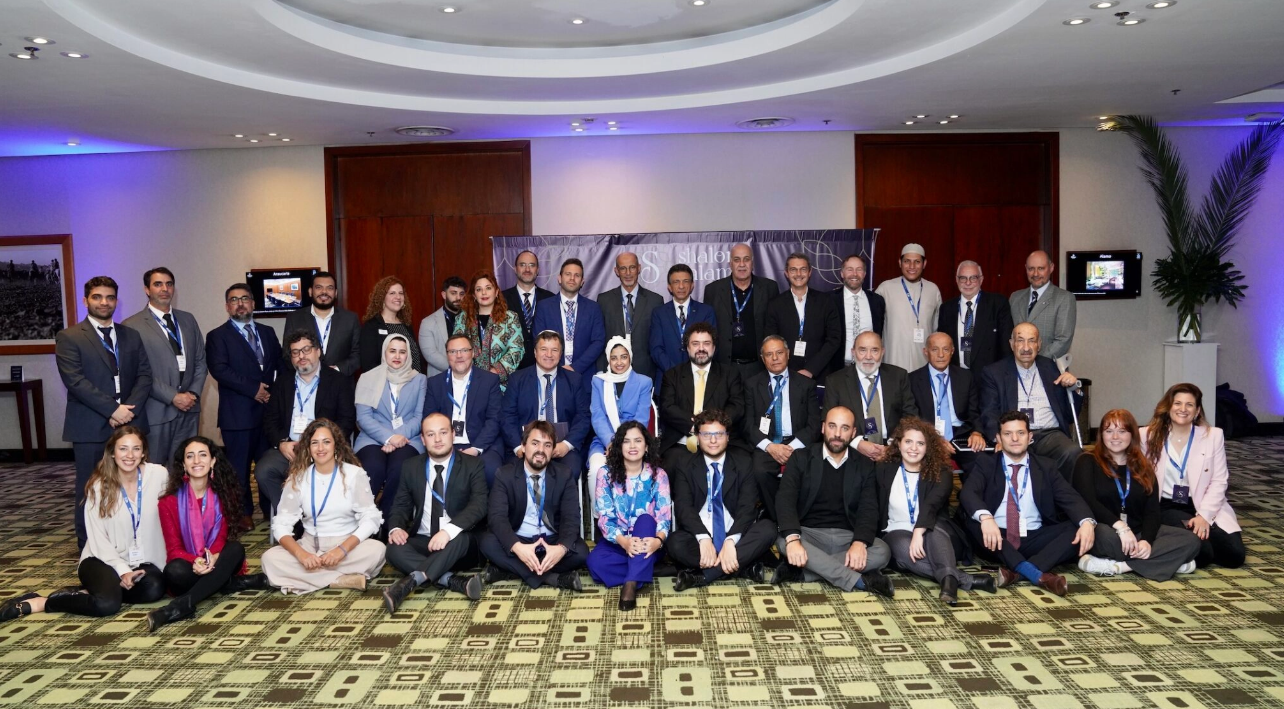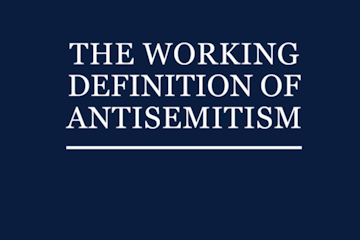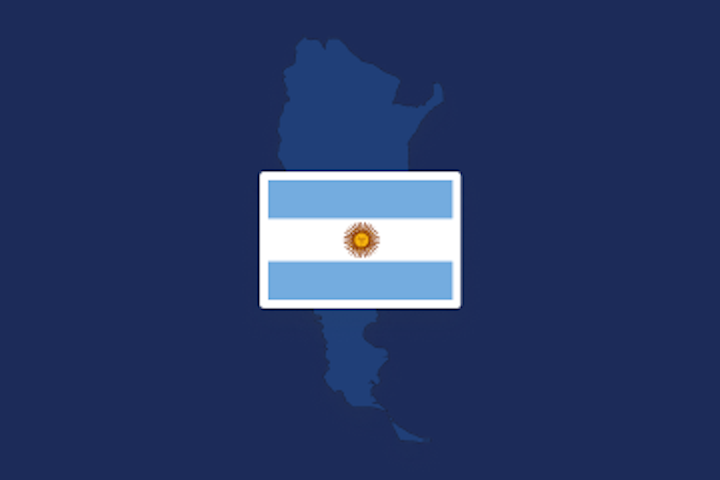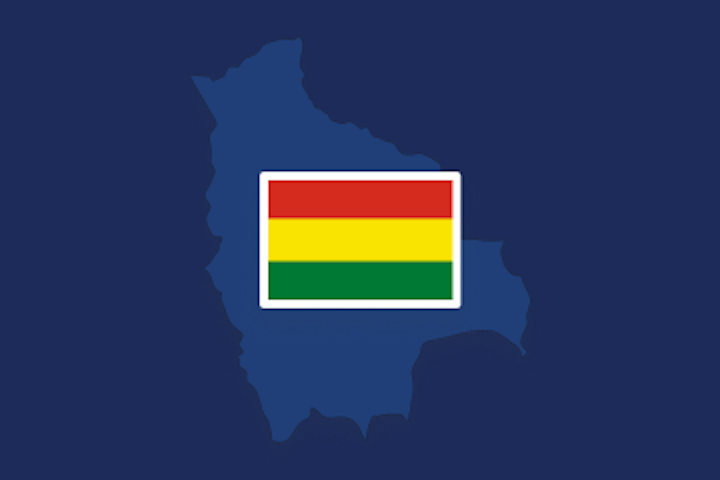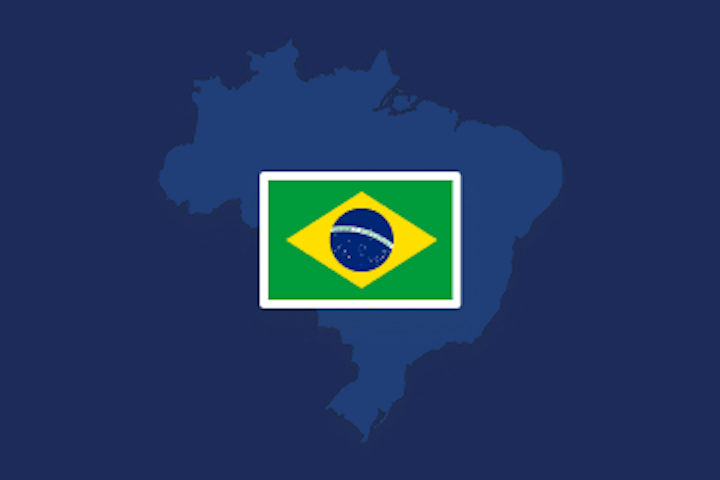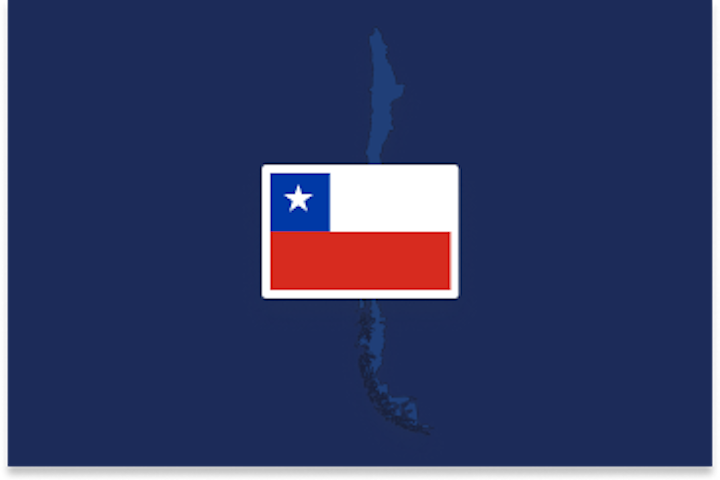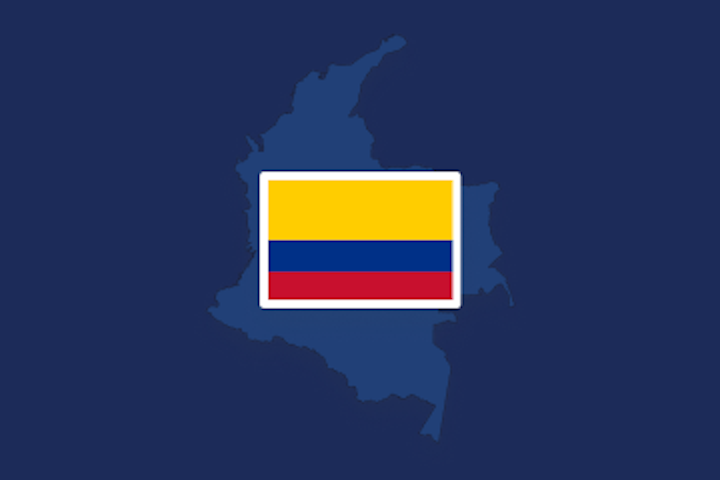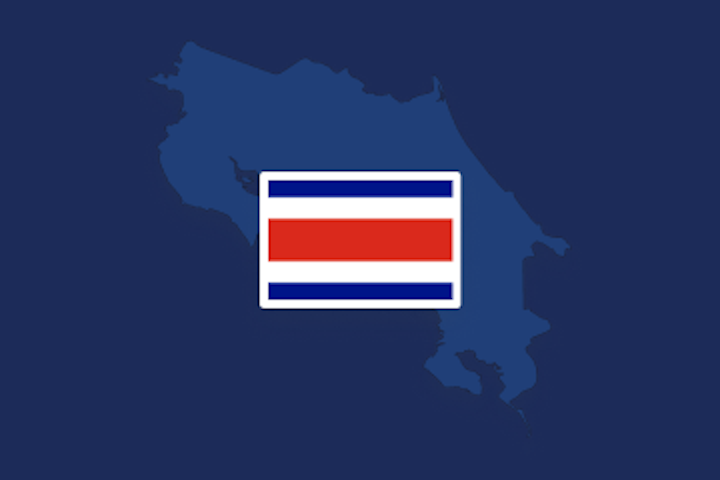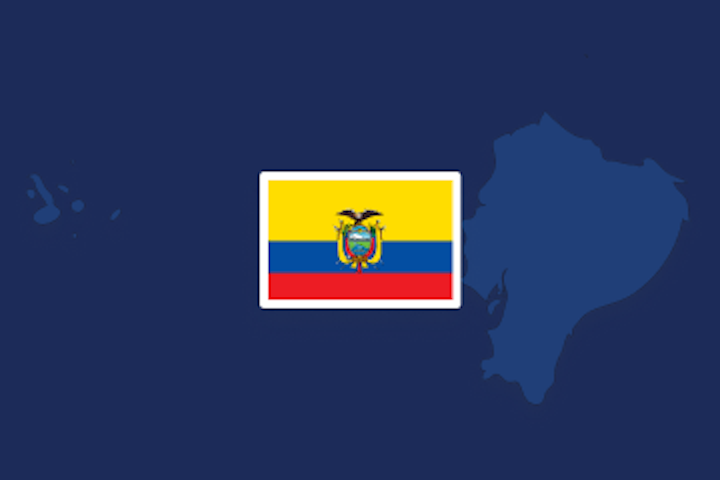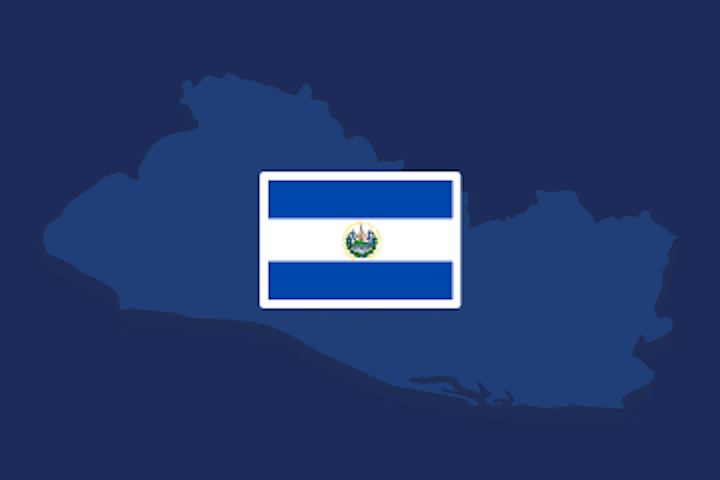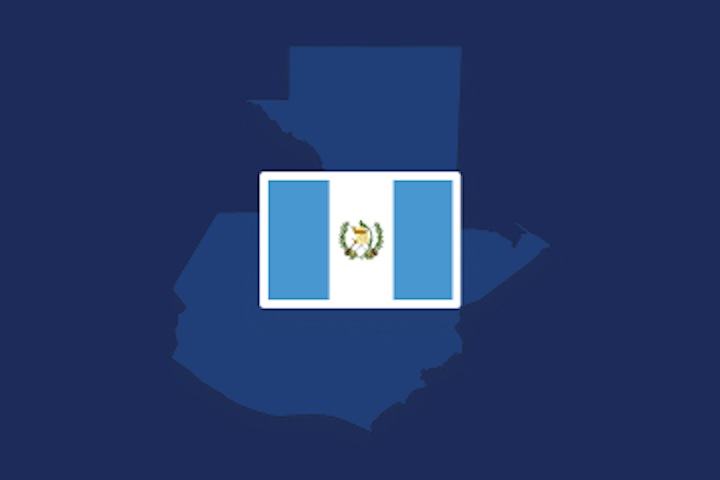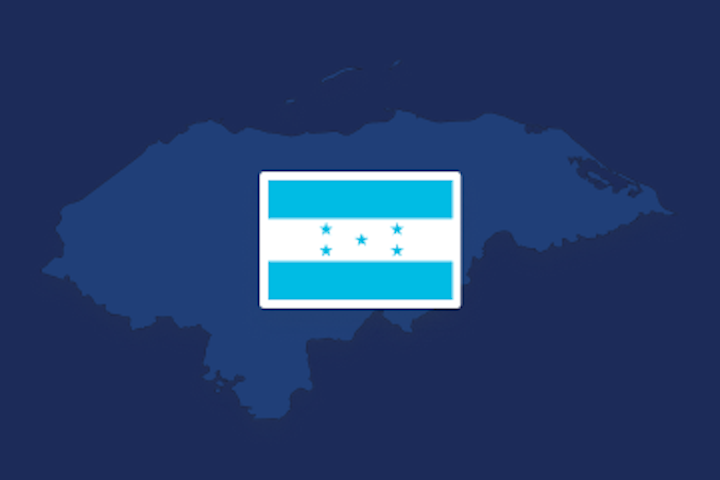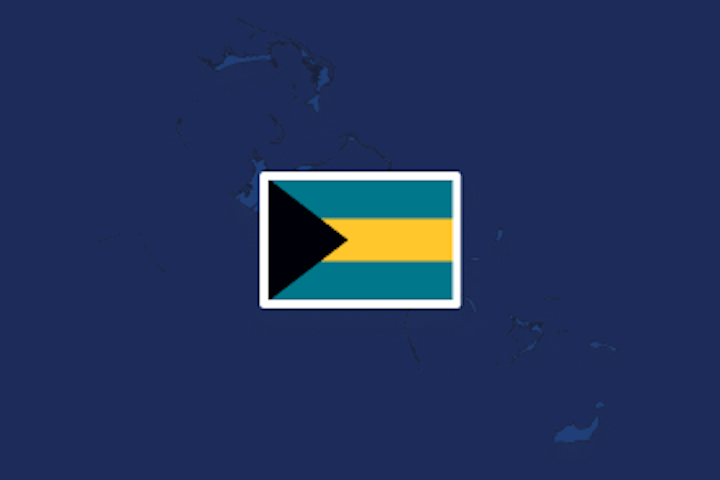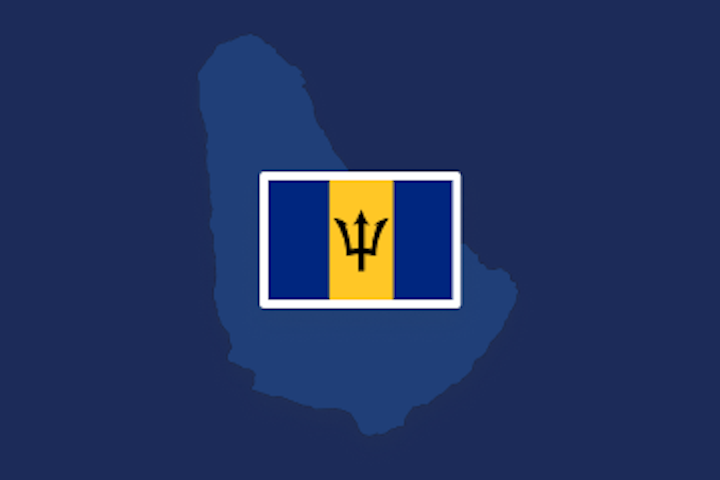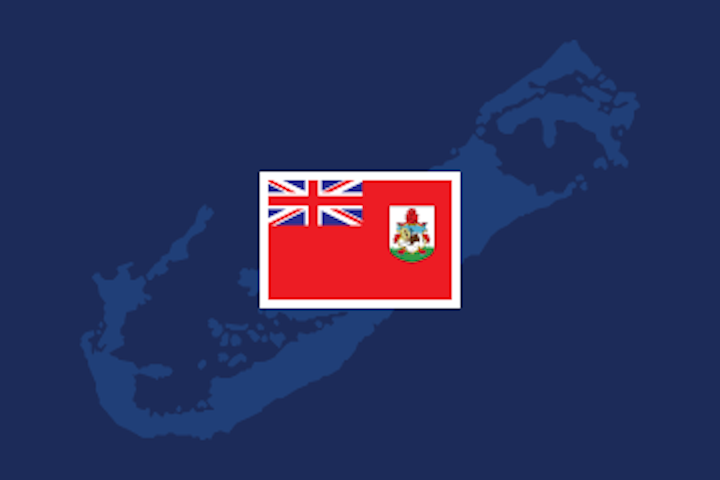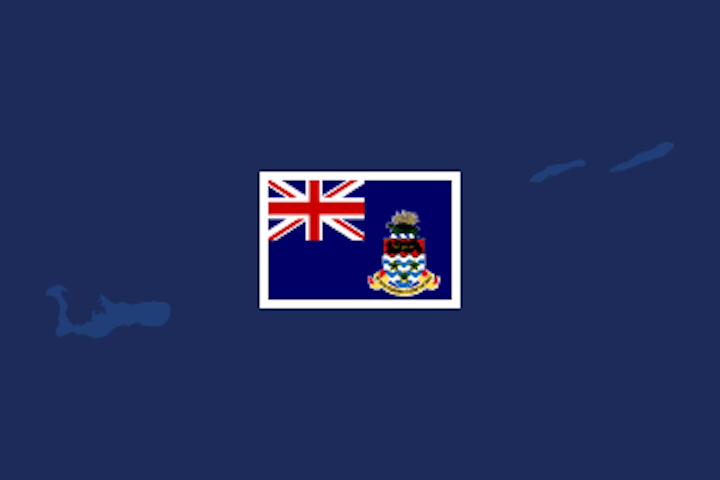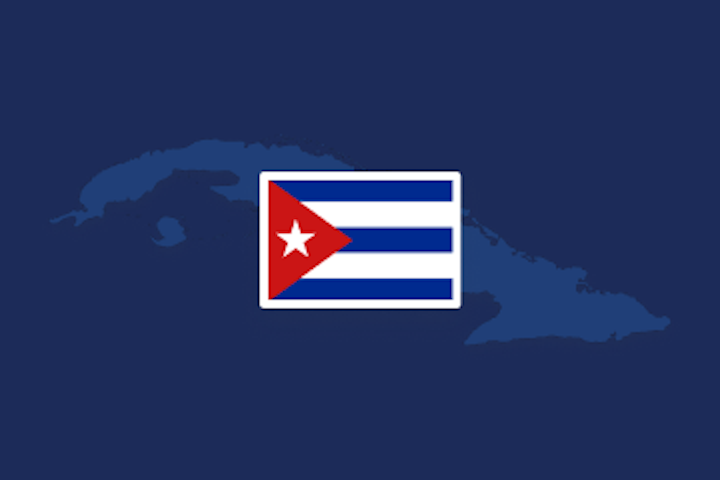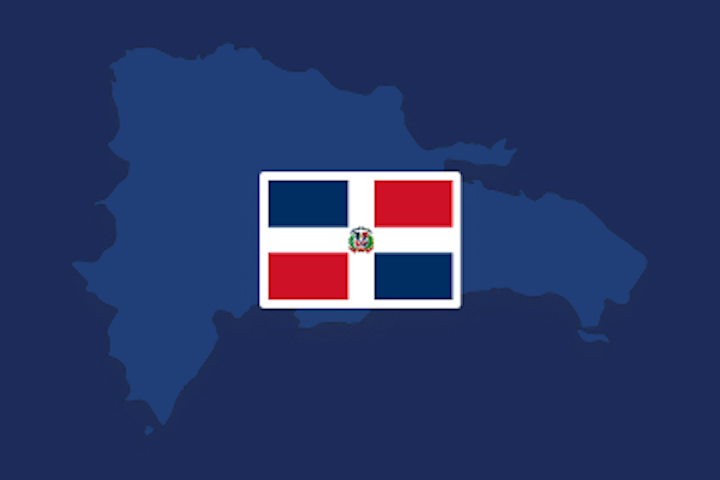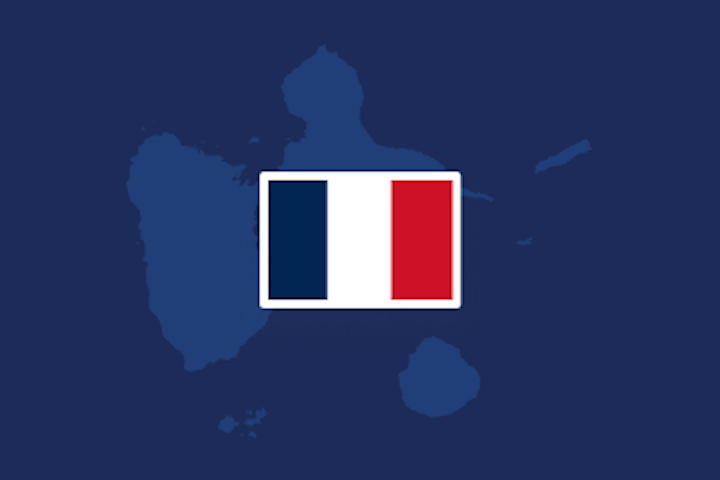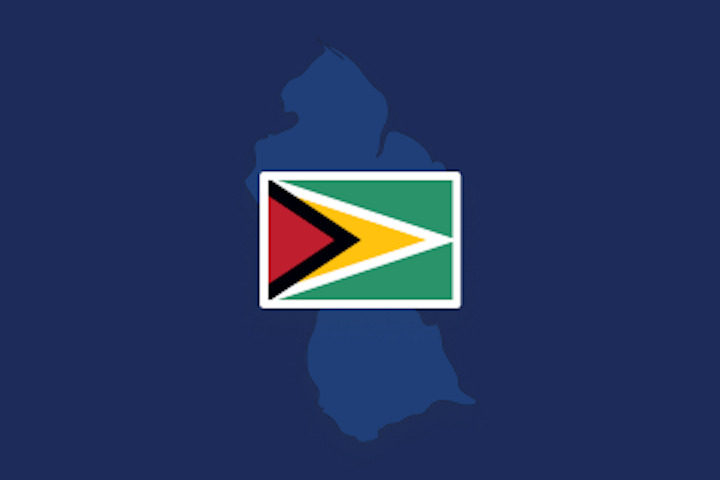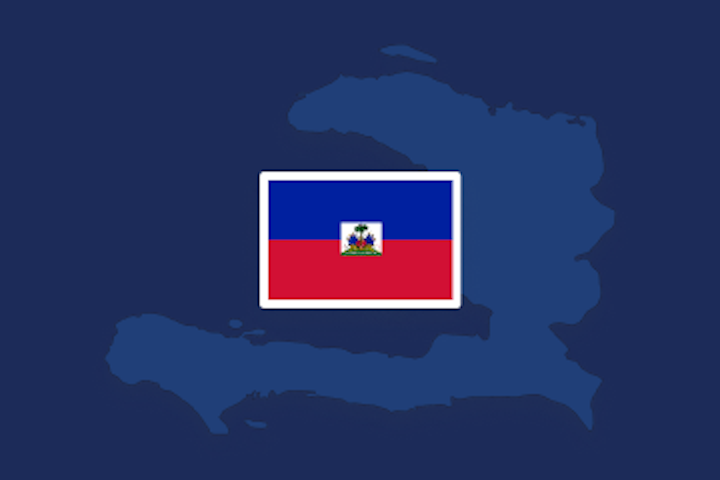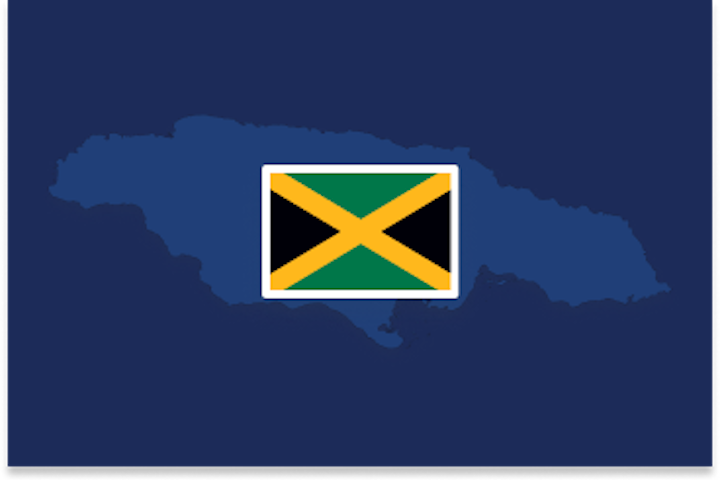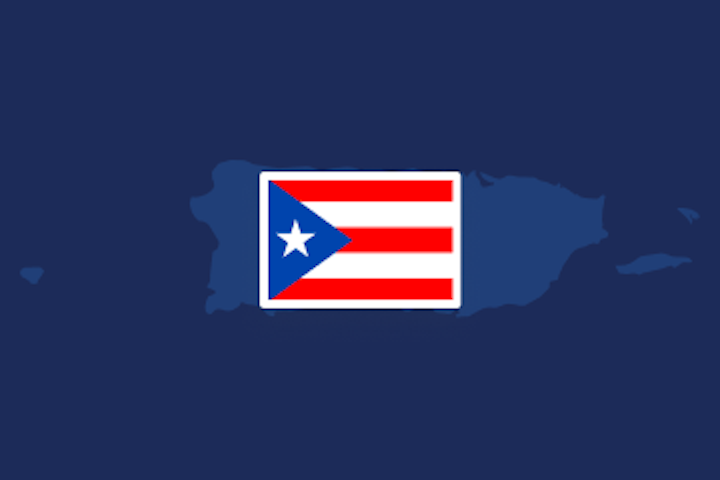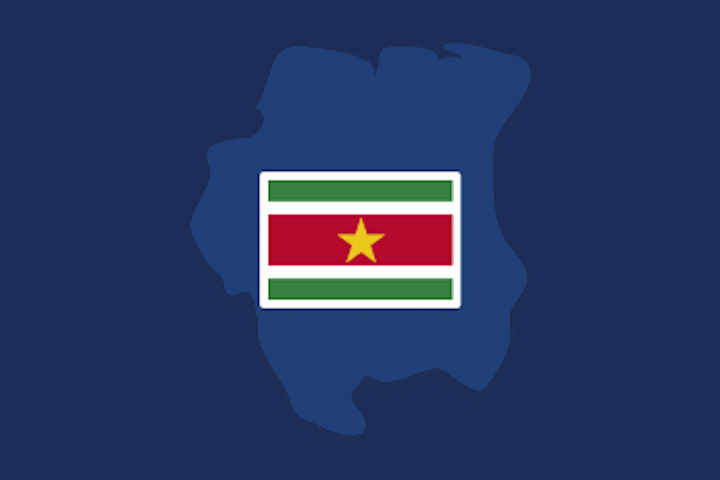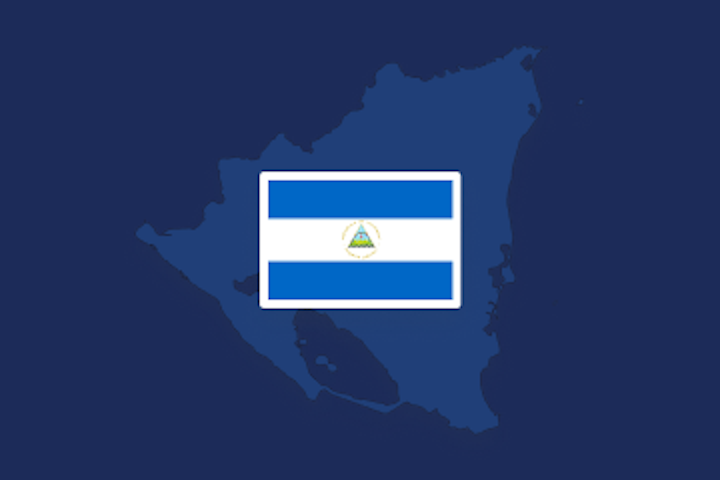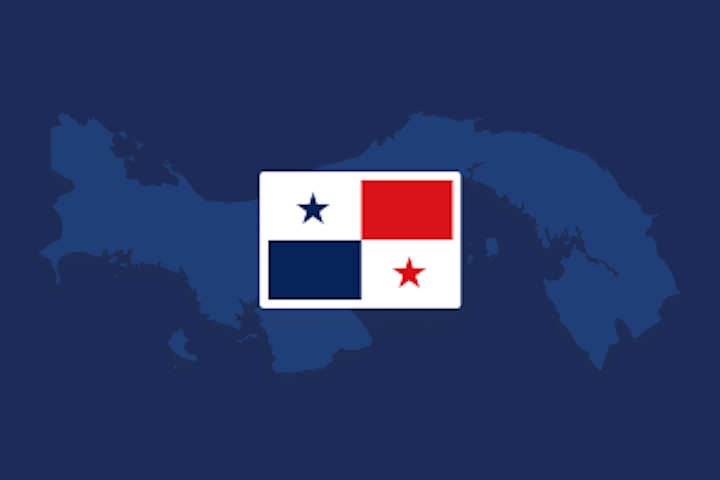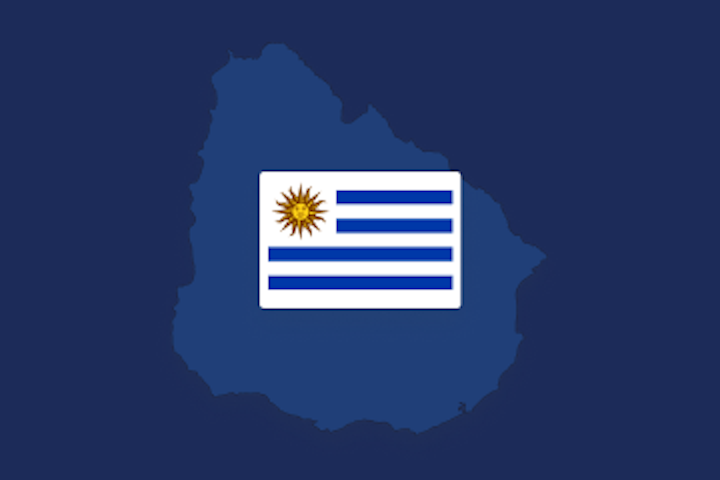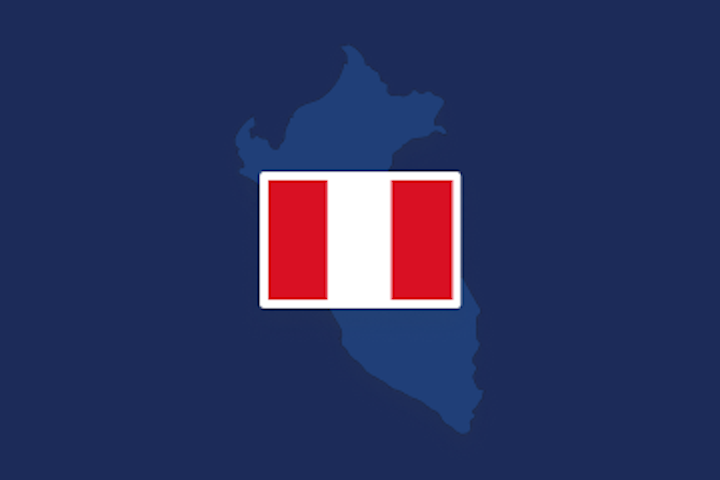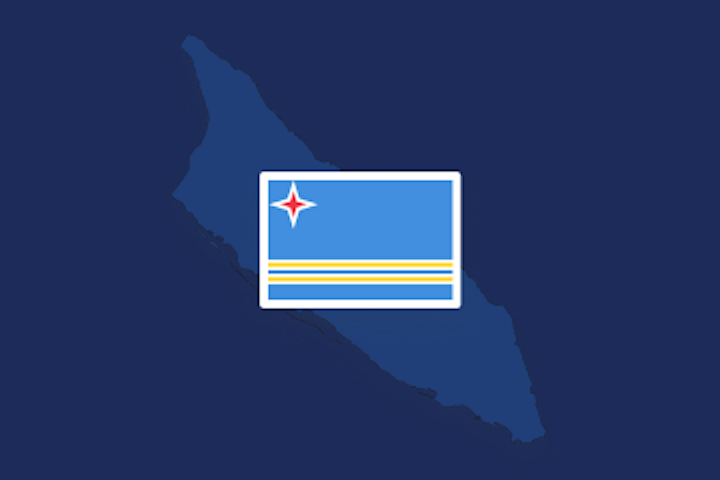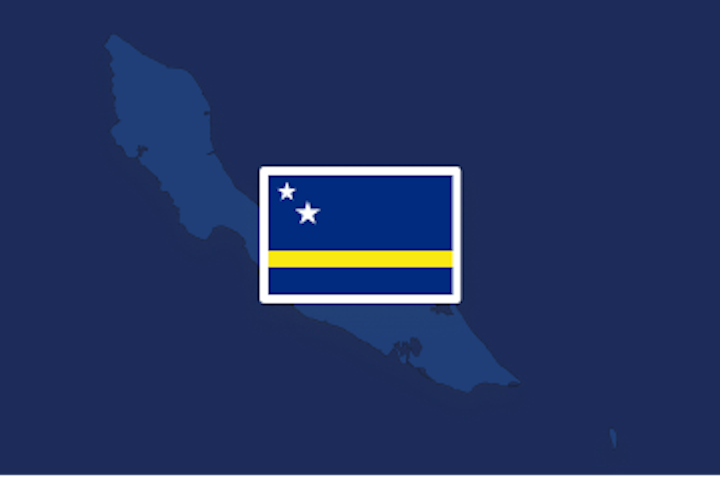According to recent estimates (2020), Venezuela is home to about 6,000 Jews. Divided equally between Sephardi and Ashkenazi, Venezuelan Jewry has been heavily involved in the development of the country, participating in all aspects of Venezuelan society. The Jewish community in Venezuela is represented by the Confederación de Asociaciones Israelitas de Venezuela (CAIV) – the Venezuelan affiliate of the World Jewish Congress.
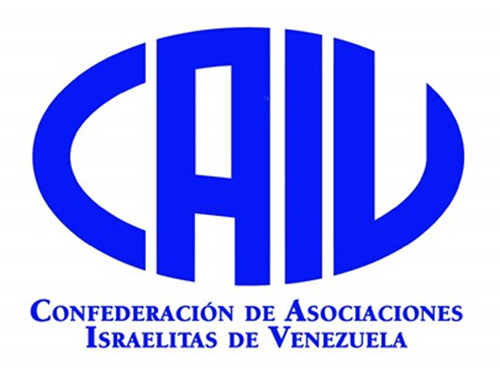
Telephone: 58 212 551 0368
Fax: 58 212 550 1721
Email: caiv.org@gmail.com
Website: www.caiv.org
Social Media:
Instagram: @caivenlinea
X: @caivenlinea
It is not certain when Jews first arrived in Venezuela, but most accounts suggest that there were Conversos living in Caracas and Maracaibo in the mid-16th century. Though there were no established Jewish communities in Venezuela during this period, interactions with merchants from nearby Dutch colonies, such as Curaçao, most likely brought some Jewish traders to the country. The following centuries saw almost no traces of Jewish life in Venezuela.
In the early nineteenth century, Venezuela fought against the Spanish colonizers in an effort to gain independence. During the wars of independence, a number of Jews fought in Simón Bolívar’s army and at one point, Curaçaoan Jews gave him shelter and military aid. When Venezuela gained its independence in 1811, relations between the Republic and Jews were friendly, evident by the adoption of a new constitution in 1821 that affirmed religious freedom in the country. The adoption of religious freedom and strengthening of ties with the Dutch island colonies, which had sizeable Jewish populations, saw a permanent Jewish community begin to establish itself in Venezuela.
The 19th century saw a steady stream of Jewish immigration to Venezuela, with some Portuguese and Dutch Jews from Curaçao arriving in the city of Coro around 1827, and a group of Moroccan Jews later settling in the town of Barcelona in 1844. Though many of these Jewish arrivals were able to achieve certain levels of prominence in various industries, Jews were not universally accepted throughout the country. Assimilation also became a problem for many members of the community, particularly those who arrived from Curaçao. In fact, by the end of the 19th century, Dutch Jews in Venezuela had virtually disappeared, absorbed into the non-Jewish portion of Venezuelan society. Nevertheless, many Venezuelan Jews prospered and were able to achieve certain levels of prominence in various industries.
The arrival of Jews from North Africa and later Eastern and Central Europe after World War I and throughout the 1920s bolstered Venezuelan Jewry and helped establish organized Jewish communal institutions. Following World War II and the Holocaust, there was an increase of Jewish immigrants from Europe, despite immigration restrictions. The Jewish population in Venezuela continued to grow through the following decade, particularly after the fall of the dictator, Perez Jimenez in 1958. During the Six-Day War in 1967, some Venezuelan Jewish volunteers went to Israel to help fight. The Venezuelan Jewish community was further bolstered by the arrival of Jews from countries such as Egypt, Lebanon, Syria, Turkey, and even Israel in the 1960s and later Jews from other Latin American countries during the 1970s. A very important migration came from Spanish Morocco during the 60´ (sixties) and 70´ (seventies) shaping the actual community.
Venezuelan Jews held many prominent positions throughout Venezuela over the latter half of the 20thh century. Paulina Gamus Gallegos became a member of the National Assembly, serving as a representative for the Federal District from 1977 to 1986. Ruth de Krivoy later served as the President of the Central Bank of Venezuela from 1992 to 1994. However, the end of the century saw the Venezuelan Jewish community begin to experience a decline in population due to political and economic issues and a rise in antisemitic rhetoric. This trend continued into the 21st century.
Today, Venezuelan Jews continue to be able to practice Judaism freely and openly, but antisemitism continues to be an issue for the Jewish community. Henrique Capriles (not a practicing jew) , the grandson of Holocaust survivors, served as the Governor of Miranda from 2008 to 2017. Recent economic hardships in Venezuela have seen a number of Venezuelan Jews leave the country, with many emigrating for Israel.
As Jewish immigration from Central and Europe increased after the rise of the Nazis during the mid-1930s, Venezuela imposed strict immigration restrictions specifically aimed at Jewish immigration. Despite these limitations, Venezuela granted asylum to German and Austrian Jews fleeing Nazi Germany. Arriving to the country on the steamboats “Königstein” and “Caribia,” were granted entry after having been rejected by a number of Caribbean islands.
Hebrew University demographer Sergio DellaPergola estimated the Venezuelan Jewish community to number around 7,300 Jews as of 2012. Most of the Venezuelan Jewish population lives in Caracas, the capital, with other Jewish communities existing in other cities of the country, such as Maracaibo, Valencia, Mérida, and Puerto La Cruz.
The community is organized under the umbrella organization of the Confederación de Asociaciones Israelitas de Venezuela (CAIV), which represents the Jewish community in Venezuela before national and international (public or private) organizations, as well as in front of other institutions, Jewish and non-Jewish alike, worldwide. Other Jewish organizations in the country are affiliated with the CAIV. This includes the Sephardic-oriented Israelite Association of Venezuela (AIV), the Ashkenazi-oriented Israelite Union of Caracas (UIC), the Zionist Federation of Venezuela (representing of all the country’s Zionist organizations), B'nai B'rith Hebrew Fraternity of Venezuela, and Venezuelan Federation of Jewish Women. For several years WIZO has been active in Venezuela, even organizing the Bijoux art exhibition, considered one of the most important in the country.
The Vaad Hakeilot organization brings together the AIV and the UIC for common issues such as education, social assistance, information and security. The Hebraica Social, Cultural and Sports Center, which has large spaces in eastern Caracas, offers Jewish-based recreational activities and there is also a network that brings together all the charities of the community to provide social assistance to impoverished Jews. Other Jewish charities in Venezuela dedicate their help to non-Jews in the country.
The Venezuelan Jewish community is divided equally between Sephardic and Ashkenazi and Jewish religious life in Venezuela is generally traditionalist. There are around sixteen synagogues in Venezuela, and all the synagogues, are Orthodox. Though Jewish religious life is largely centered around Caracas, where the country’s two largest synagogues are found, there are also synagogues in Maracaibo, Porlamar, Valencia, Maracay, and Puerto La Cruz.
Kosher food is available in Venezuela, with some Kolelim, butchers and kosher bakeries in Caracas.
The denomination of the community is orthodox.
There is a Jewish day school, the Moral and Luces Herzl-Bialik elementary school, in the Los Chorros neighborhood of Caracas. In recent years, there has been a decline in enrollment in the school. Additionally, there are a number of other Jewish-based educational establishments run through the CAIV. Among these activities include Hebrew and Jewish religious classes and seminar run through the Educational Cultural Center "Gonzalo Benaím Pinto".
Now there are the other schools in Caracas: Colegio Sinai, Maor Hatorá and Or Jabad, serving the more observant population.
In terms of religious tertiary education, there are Yeshivot in Caracas.
There are a number of Jewish youth groups in Venezuela run through the auspices of the Confederación de Asociaciones Israelitas de Venezuela, usually through a specific Jewish institution affiliated with the confederation. This includes “Noar Le Noar,” which offers Shabatonim and Youth seminars for Jewish children, between first and sixth grade and “Tikun Olam,” a social work project that cooperates with the Beit Avot that teaches reading and writing to children from low-income schools.
Young people from third to fifth year can be part of a School of Madrijim, where the juniors of the baccalaureate are trained as future community leaders and receive Hadrajá (leadership training) in Zionist and other Jewish-related endeavors. In EL / LA MUV (university students), young Jews enjoy events framed in the field of Jewish identity. There is also a program where volunteers, usually alumni, teach fifth-year students about the history of the Jewish community in Venezuela and Israel, as well as various topics of general interest.
The Confederación de Asociaciones Israelitas de Venezuela publishes the weekly Nuevo Mundo Israelita. Additionally, there are magazines such as Hebraica, Yad Vashem, and Maguen (which is published quarterly by the Center for Sephardic Studies of Caracas). Moreover, there are a number of other publications on topics related to Judaism and the community run by the CAIV and its confederate institutions.
Among prominent Jewish sites in Venezuela are several Jewish cemeteries in Caracas, notably the cemetery in Coro, which is considered the oldest Jewish cemetery in South America. There is also The Sephardic Museum of Caracas, "Morris E. Curiel," which has had several exhibitions well received inside and outside Venezuela’s Jewish community.
Venezuelan and Israeli relations have been contentious in recent years, having deteriorated due to the foreign policy of Venezuelan President Hugo Chávez. Following the conflict between Israel and Gaza in 2008-2009, Venezuela broke all diplomatic ties with Israel, condemning their actions. On April 27, 2009, Venezuelan Foreign Minister Nicolás Maduro met with the Minister of Foreign Affairs of the Palestinian National Authority in Caracas, where formal diplomatic relations were established. In January 2009, President Hugo Chavez expelled Israel's ambassador as a form of protest against the offensive in Gaza. Israel accuses Venezuela of having links with Hamas and Iran. In recent years, there have been talks on both sides to reestablish relations.

